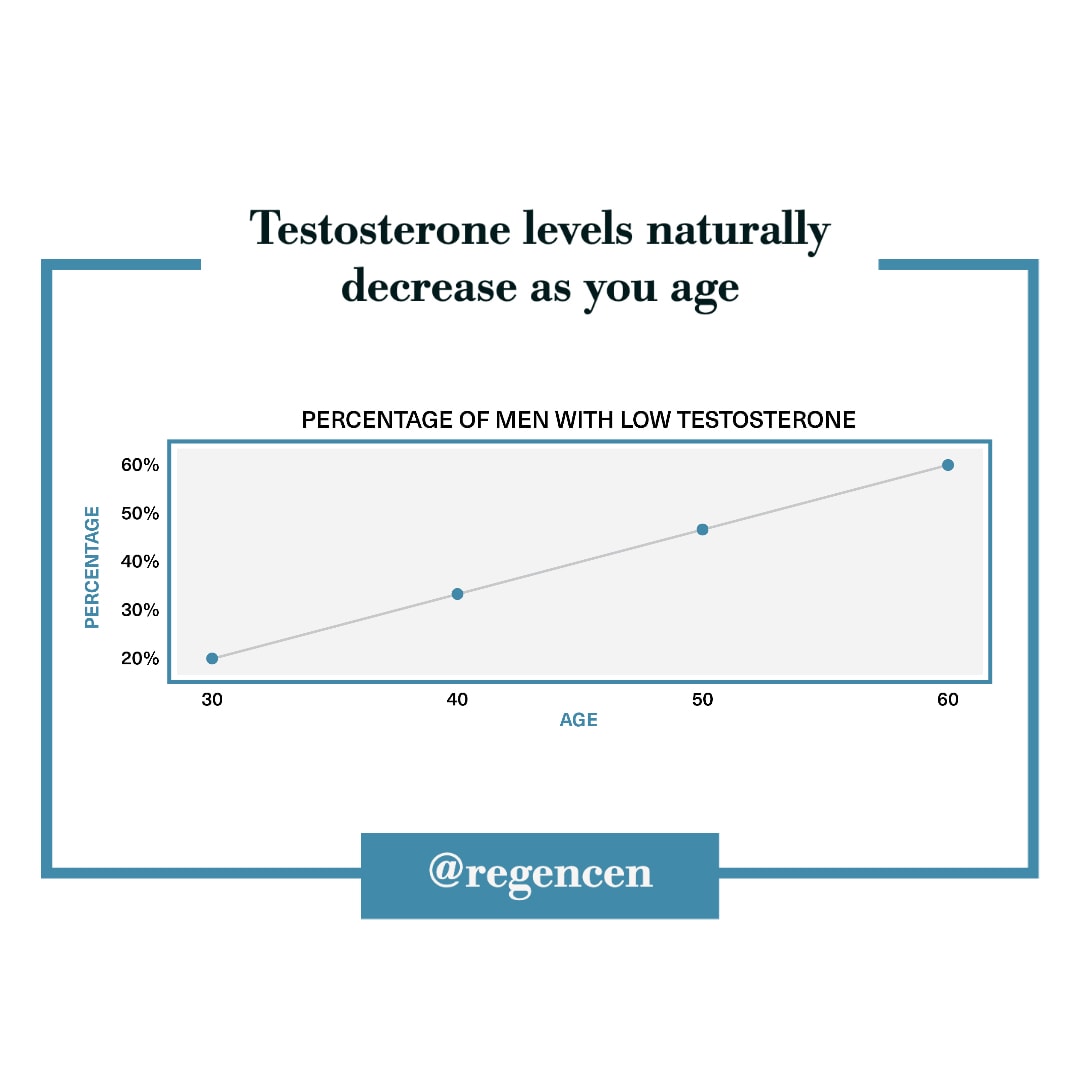age well
Testosterone Testing and Hormone Therapy for Men in Michigan & Florida
The smartest men aren't slowing down...
they're optimizing.
Testosterone isn’t about vanity. It’s about staying sharp, strong, and competitive - physically and mentally. More men than ever are optimizing their hormones to feel better, train harder, and show up stronger. Are you?
You might not have noticed it at first.
You might not have noticed it at first.
Like searching for your keys while holding them.
Or skipping the gym - not because you’re lazy, but because you’re just… off.
Low testosterone often starts subtly: low energy, poor sleep, irritability, diminished focus, or a fading sex drive. Most men don’t realize how far they’ve slipped - until they start feeling like themselves again.
After beginning testosterone replacement therapy (TRT), many of our patients say the same thing:
“I didn’t know how bad I felt… until I didn’t feel that way anymore.”
Mood improves. Motivation returns. Muscle builds easier. Fat loss feels possible.
And sex? Enjoyable again - not just a memory.
If you’re dragging through the day instead of driving it, it’s worth asking:
Are your testosterone levels really optimal?
The answer - and the solution - could be simpler than you think.

What are the symptoms of low testosterone?
What are the symptoms of low testosterone?
Not sure if Low T is the issue? You’re not alone. Common symptoms include:
- Low energy or fatigue
- Reduced sex drive or performance
- Belly fat or weight gain
- Trouble concentrating
- Mood changes or irritability
- Decreased strength or stamina
These symptoms often show up gradually. Maybe you’ve noticed that hitting the gym doesn’t give you the same results anymore—or that you’re dragging through the afternoon and snapping at the people around you. Or maybe your confidence has dipped for reasons you can't quite explain. That could be Low T.

4.9
★★★★★
score on google reviews
Over 90% of our male patients continue testosterone therapy long term.
“Normal” isn’t the same as optimal.
Most doctors say your level is "normal". We aim for optimal - so you don't have Low T symptoms.
Testosterone levels naturally decline with age—but “normal” doesn’t always mean healthy. A man could drop from 800 to 400 ng/dL and still be told everything is fine, even though his symptoms say otherwise.
At RegenCen, we take a different approach. Our goal isn’t to just normalize hormones—it’s to optimize them.
“In Regenerative Medicine, we restore testosterone to younger, healthier levels—helping men feel stronger, sharper, and more vital,” says Dr. Gustav Lo, RegenCen’s Chief Medical Officer. “And we reduce risks of disease while we’re at it.”
Testosterone peaks around 1,000 ng/dL in your 20s, but by your 50s, many men fall below 400. That drop is linked to fatigue, belly fat, low motivation, poor focus, and muscle loss.
When hormones are optimized, you may be surprised how fast your energy, drive, and performance return.
Reduce your risk of chronic disease, including heart disease, metabolic syndrome, type 2 diabetes, and even cognitive decline.
Testosterone Therapy Near Me - How it works
How do hormone pellets work?
At RegenCen, we make testosterone replacement therapy (TRT) easy and effective. Here’s what to expect:
Meet with a hormone expert — Meet with Dr. Gustav Lo or one of our hormone medical experts to review your symptoms, medical history, and lifestyle goals. Then we will draw your blood and check your testosterone level and other important labs.
Personalized testosterone dosing — If your testosterone is low, we’ll calculate the ideal pellet dose to bring your levels back to optimal — not just age-adjusted “normal.”
Pellet insertion — In a quick, 5-minute in-office procedure, we place Tic-Tac-sized pellets under the skin, where they release testosterone steadily for 5–6 months.
Ongoing monitoring — We check labs every 4-6 months to make sure your levels stay safe and effective. No rollercoaster dosing. No weekly shots.
Feel like you're losing your edge? It might be Low T
You might not have noticed the signs at first — like searching for your car keys while holding them in your hand. But subtle symptoms of low testosterone often creep in quietly: low energy, lack of focus, poor sleep, irritability, or a fading sex drive.
Many of our patients didn’t realize just how bad they felt until after starting testosterone replacement therapy (TRT) with hormone pellets. Then it hits them — their mood improves, libido and erections return, and building muscle and losing fat feels possible again.
If you feel sluggish, unmotivated, or like life is dragging you instead of you driving it, your testosterone levels may not be optimal — and you might be experiencing Low T.
The good news? Help is simple, long-lasting, and closer than you think.